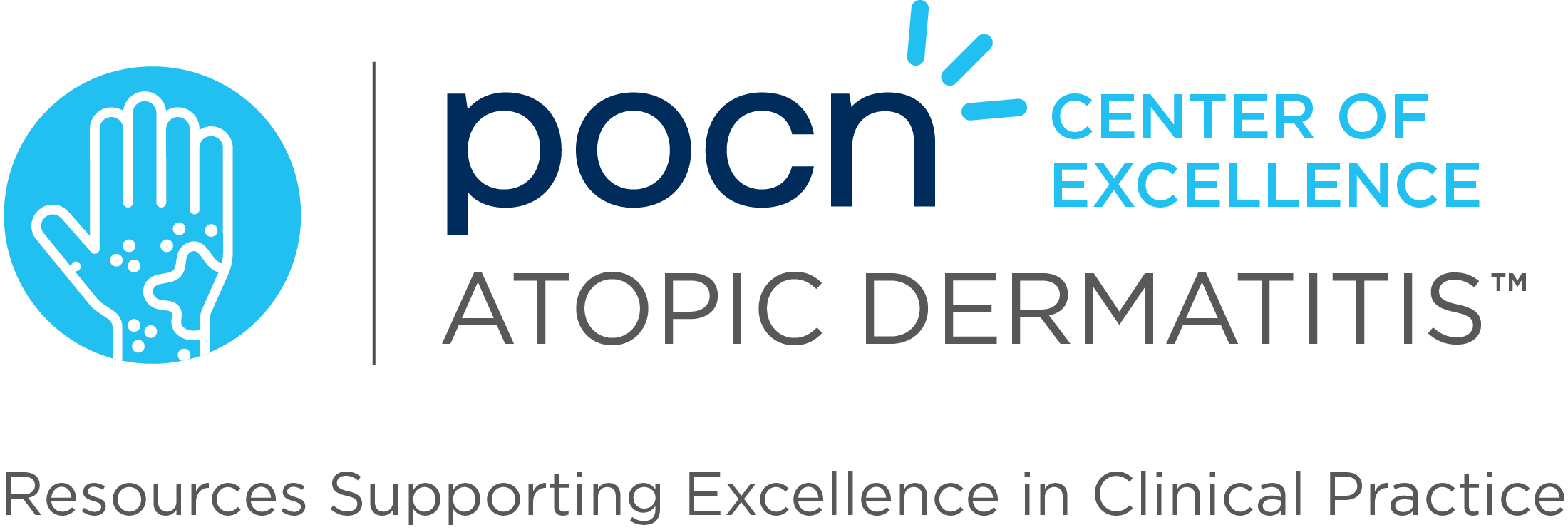Higher dietary sodium intake has been linked to an increased risk of atopic dermatitis (AD), suggesting that a sodium-restricting diet could be beneficial for managing the condition. This study found that fast food diets, typically high in sodium, are associated with more severe eczema in children globally. The research involved 215,832 adults aged 37 to 73, where 5% had AD. It revealed that higher 24-hour urine sodium excretion correlates with higher odds of AD and increasing severity. A validation cohort from the National Health and Nutrition Examination Survey confirmed these findings, indicating a 1 g/day increase in dietary sodium intake is associated with a higher risk for current AD.
The study suggests that reducing dietary sodium intake may be a cost-effective and low-risk intervention for AD. Researchers emphasize the general benefits of sodium reduction for overall health, especially heart health, and recommend this approach for eczema patients. They also advise that parents should consult pediatricians before altering their children’s diet.
Reference: Grasso G. Higher dietary sodium intake associated with increased risk for atopic dermatitis. Healio. Published June 18, 2024. Accessed July 17, 2024. https://www.healio.com/news/dermatology/20240618/higher-dietary-sodium-intake-associated-with-increased-risk-for-atopic-dermatitis?utm_source=selligent&utm_medium=email&utm_campaign=news


